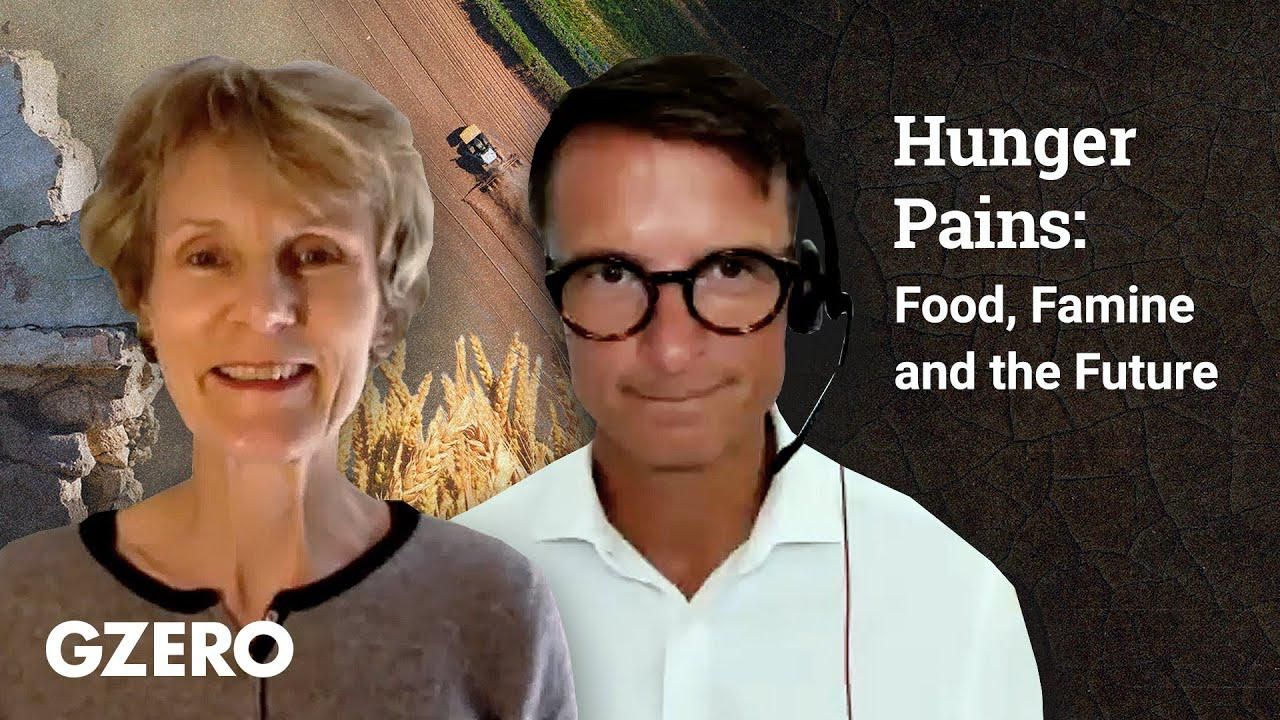
Sylvain Charlebois knows a thing or two about food. He's a professor at Dalhousie University in Halifax, Canada, and tweets as @FoodProfessor. So, what does he think about the current global food crisis?
It started two years ago, when COVID disrupted supply chains, but the acute shortages that are driving up prices are more recent, he explained in a conversation for GZERO with Diana Fox Carney, Senior Advisor at Eurasia Group.
Why? Charlebois cites climate issues that hurt inventories, higher shipping costs due to the COVID hangover of weakened supply chains, Russia's war in Ukraine pushing prices up across the board, and "nationalistic hoarding" of staples by certain countries.
And it's going to get worse, especially in North Africa and the Middle East. So, what, if anything, can we do about it?
For Charlebois, the geopolitical wildcard is China, the only country with enough influence to change everything in a matter of weeks. The US could do more too, but in his view there's just too much politics for America to move on anything quickly.
Food prices, he predicts, will continue to rise for quite some time, because if this were an ice hockey match, we're probably only at the end of the first period.
For more, check out Hunger Pains, GZERO Media's special coverage of the world’s growing food crisis.
- Exports controls are "worst possible" thing to do in a food crisis, says UN Foundation chief - GZERO Media ›
- In a food crisis, export controls are "worst possible" thing to do, says UN Foundation chief - GZERO Media ›
- What's causing the growing global food crisis? Live townhall today at 2 pm ET - GZERO Media ›
- What's causing the global food crisis? Live townhall today at 2 pm ET - GZERO Media ›
- Global food crisis: when food isn't merely expensive - GZERO Media ›